Oct-1-en-3-ol
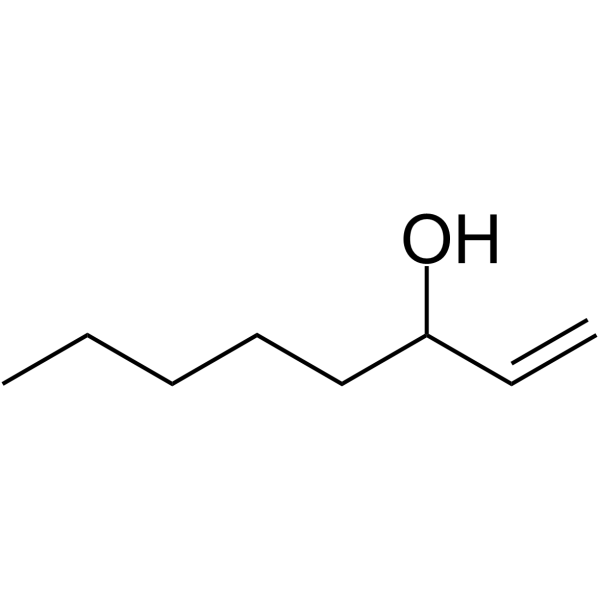
Oct-1-en-3-ol structure
|
Common Name | Oct-1-en-3-ol | ||
|---|---|---|---|---|
| CAS Number | 3391-86-4 | Molecular Weight | 128.212 | |
| Density | 0.8±0.1 g/cm3 | Boiling Point | 168.4±0.0 °C at 760 mmHg | |
| Molecular Formula | C8H16O | Melting Point | -49°C | |
| MSDS | Chinese USA | Flash Point | 61.1±0.0 °C | |
| Symbol |

GHS07 |
Signal Word | Warning | |
Use of Oct-1-en-3-olOct-1-en-3-ol, a fatty acid fragrant, is a self-stimulating oxylipin messenger. Oct-1-en-3-ol serves as a signaling molecule in plant cellular responses, plant-herbivore interactions, and plant-plant interactions. Oct-1-en-3-ol causes dopamine neuron degeneration through disruption of dopamine handling[1][2]. |
| Name | oct-1-en-3-ol |
|---|---|
| Synonym | More Synonyms |
| Description | Oct-1-en-3-ol, a fatty acid fragrant, is a self-stimulating oxylipin messenger. Oct-1-en-3-ol serves as a signaling molecule in plant cellular responses, plant-herbivore interactions, and plant-plant interactions. Oct-1-en-3-ol causes dopamine neuron degeneration through disruption of dopamine handling[1][2]. |
|---|---|
| Related Catalog | |
| References |
| Density | 0.8±0.1 g/cm3 |
|---|---|
| Boiling Point | 168.4±0.0 °C at 760 mmHg |
| Melting Point | -49°C |
| Molecular Formula | C8H16O |
| Molecular Weight | 128.212 |
| Flash Point | 61.1±0.0 °C |
| Exact Mass | 128.120117 |
| PSA | 20.23000 |
| LogP | 2.64 |
| Vapour Pressure | 0.5±0.6 mmHg at 25°C |
| Index of Refraction | 1.438 |
CHEMICAL IDENTIFICATION
HEALTH HAZARD DATAACUTE TOXICITY DATA
|
| Symbol |

GHS07 |
|---|---|
| Signal Word | Warning |
| Hazard Statements | H302-H315-H319 |
| Precautionary Statements | P305 + P351 + P338 |
| Personal Protective Equipment | Eyeshields;Faceshields;full-face respirator (US);Gloves;multi-purpose combination respirator cartridge (US);type ABEK (EN14387) respirator filter |
| Hazard Codes | Xn:Harmful |
| Risk Phrases | R22 |
| Safety Phrases | S26-S36 |
| RIDADR | 2810 |
| WGK Germany | 3 |
| RTECS | RH3300000 |
| Packaging Group | III |
| Hazard Class | 6.1(b) |
| HS Code | 2932999099 |
| Precursor 10 | |
|---|---|
| DownStream 10 | |
| HS Code | 2905290000 |
|---|---|
| Summary | 2905290000 unsaturated monohydric alcohols。Supervision conditions:None。VAT:17.0%。Tax rebate rate:9.0%。MFN tariff:5.5%。General tariff:30.0% |
|
Olfactometry Profiles and Quantitation of Volatile Sulfur Compounds of Swiss Tilsit Cheeses.
J. Agric. Food Chem. 63 , 7511-21, (2015) To establish the odor profiles of three differently fabricated commercial Swiss Tilsit cheeses, analyses were conducted using headspace solid-phase microextraction gas chromatography-mass spectrometry... |
|
|
Volatile Compounds from Grape Skin, Juice and Wine from Five Interspecific Hybrid Grape Cultivars Grown in Québec (Canada) for Wine Production.
Molecules 20 , 10980-1016, (2015) Developed from crosses between Vitis vinifera and North American Vitis species, interspecific hybrid grape varieties are becoming economically significant in northern areas, where they are now extensi... |
|
|
Mosquito odorant receptor for DEET and methyl jasmonate.
Proc. Natl. Acad. Sci. U. S. A. 111(46) , 16592-7, (2014) Insect repellents are important prophylactic tools for travelers and populations living in endemic areas of malaria, dengue, encephalitis, and other vector-borne diseases. DEET (N,N-diethyl-3-methylbe... |
| QY5&1U1 |
| Pentyl vinyl carbinol |
| 1-Okten-3-ol |
| Amyl vinyl carbinol |
| 1-OCLen-3-ol |
| EINECS 222-226-0 |
| Oct-1-en-3-ol |
| 1-Octen-3-ol,natural |
| Oct-1-ene-3-ol |
| Morillol |
| n-Amyl vinyl carbinol |
| 3-Octenol |
| 1-Octen-3-Ol |
| Matsutake alcohol |
| dl-1-Octen-3-ol |
| FEMA 2805 |
| 1-Octene-3-ol |
| 1-OCTEN-3-01 |
| moguchun |
| (3RS)-oct-1-en-3-ol |
| MFCD00004589 |
| n-Pentyl vinyl carbinol |
| amyl vinyl alcohol |
| Octen-3-ol |
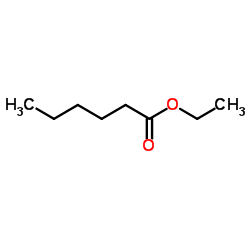 CAS#:123-66-0
CAS#:123-66-0 CAS#:1826-67-1
CAS#:1826-67-1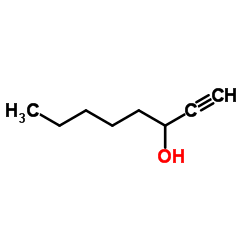 CAS#:818-72-4
CAS#:818-72-4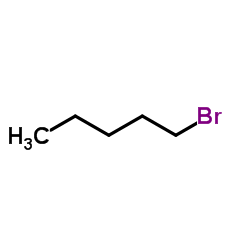 CAS#:110-53-2
CAS#:110-53-2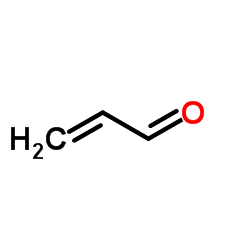 CAS#:107-02-8
CAS#:107-02-8![(E)-3-[(2-tetrahydropyranyl)oxy]-1-iodo-1-octene Structure](https://www.chemsrc.com/caspic/003/50999-80-9.png) CAS#:50999-80-9
CAS#:50999-80-9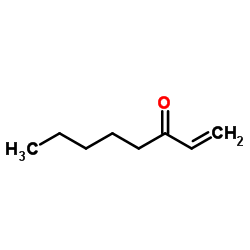 CAS#:4312-99-6
CAS#:4312-99-6 CAS#:111-66-0
CAS#:111-66-0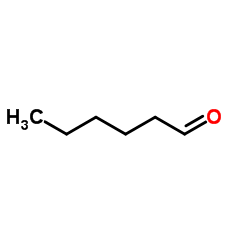 CAS#:66-25-1
CAS#:66-25-1 CAS#:693-25-4
CAS#:693-25-4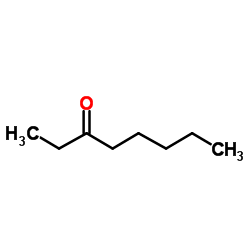 CAS#:106-68-3
CAS#:106-68-3 CAS#:7786-52-9
CAS#:7786-52-9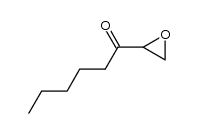 CAS#:114701-53-0
CAS#:114701-53-0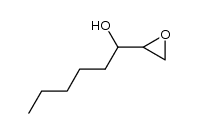 CAS#:159954-53-7
CAS#:159954-53-7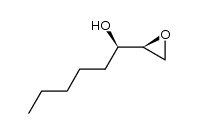 CAS#:135637-52-4
CAS#:135637-52-4 CAS#:135637-53-5
CAS#:135637-53-5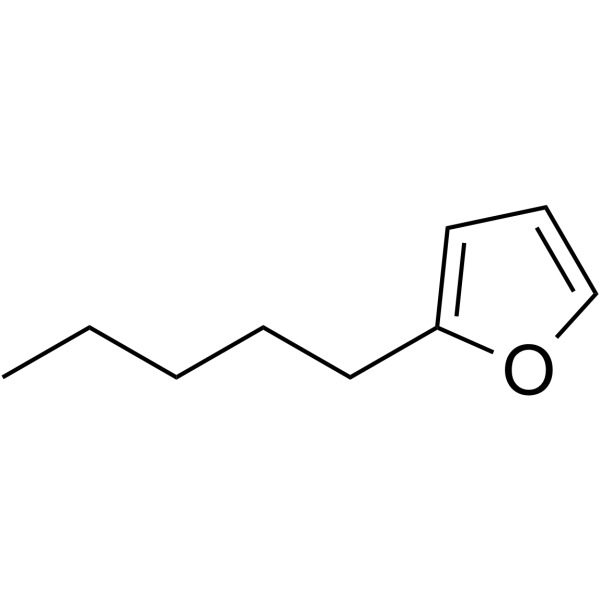 CAS#:3777-69-3
CAS#:3777-69-3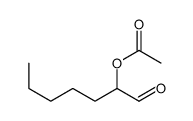 CAS#:22094-22-0
CAS#:22094-22-0 CAS#:196412-56-3
CAS#:196412-56-3
